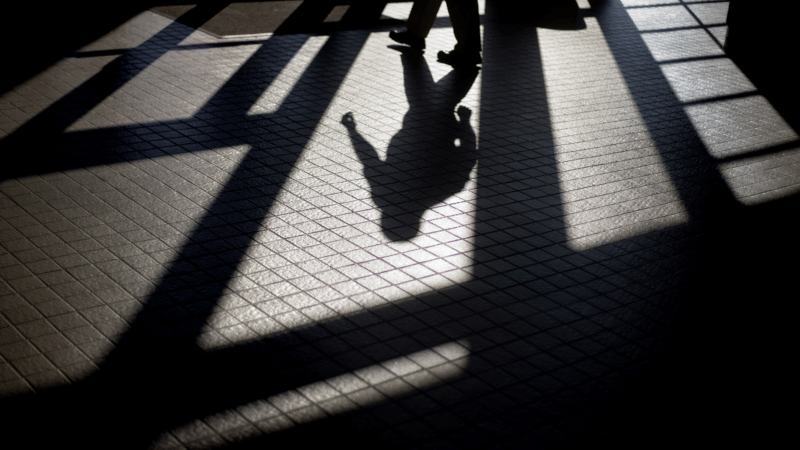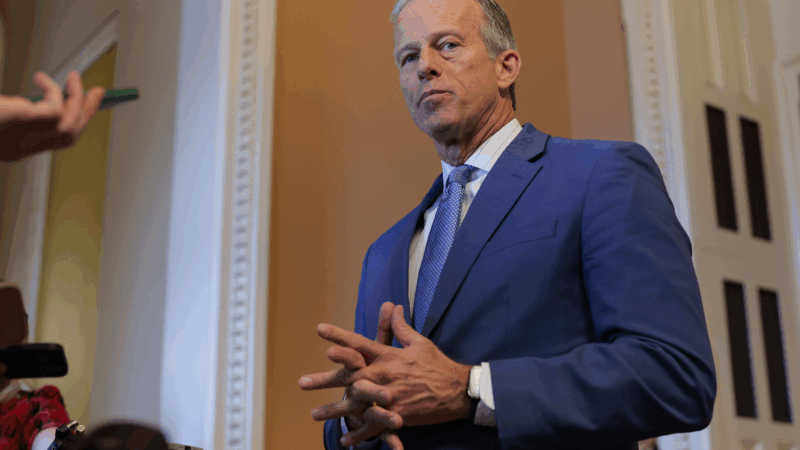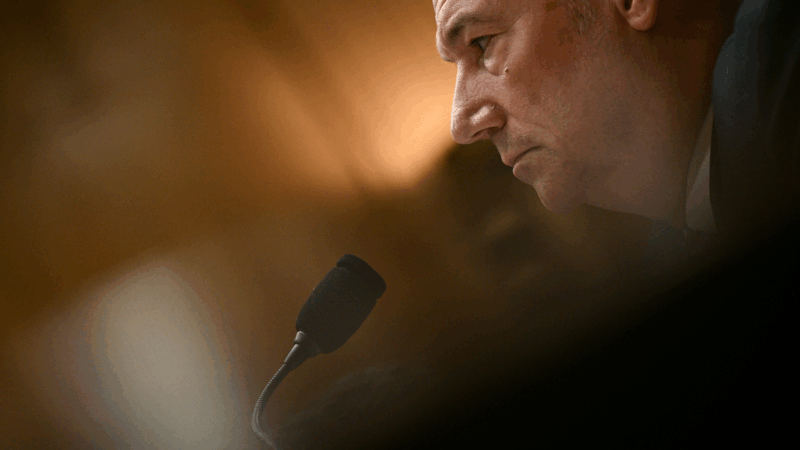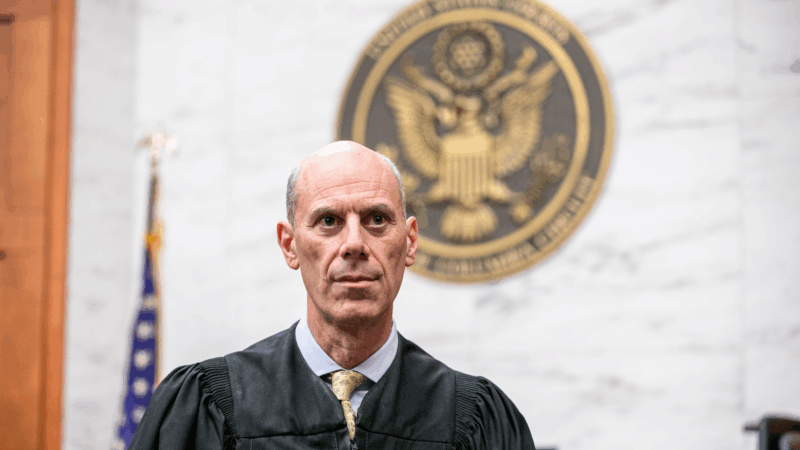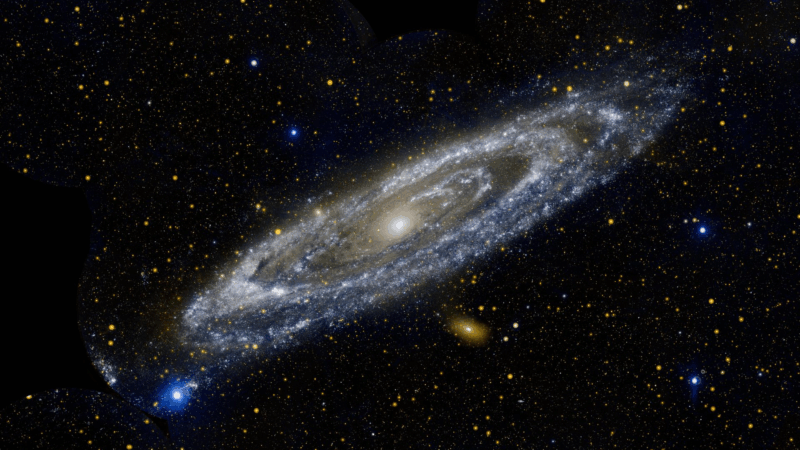Indian Immigrants in Mississippi ‘Frustrated’ As Loved Ones Suffer In COVID-19 Surge Abroad
At her home in Madison, Miss., Amrit Sood opens up Facebook and scrolls through a flood of posts from people desperately searching for ways to help family and friends in India who are suffering during a surge in COVID-19 cases.
“Are there any leads to find a ventilator in Delhi or a nearby hospital? Please let me know for my aunt,” one post from her friend in Mississippi reads.
While the rate of coronavirus infections has slowed down in the United States, many other countries, like India, are struggling with high hospitalizations and low vaccine supply. Meanwhile, Mississippi, Louisiana and Alabama have the lowest vaccination rates in the country. For some Indian immigrants, it is especially hard to watch their families abroad die due to a lack of hospital equipment and little vaccine supply, while health officials in the U.S. try to convince people to get vaccinated.
“It is frustrating,” Sood, who got vaccinated in February, said. “I feel sad that in the Third World, they wanted those shots and cannot get them.”
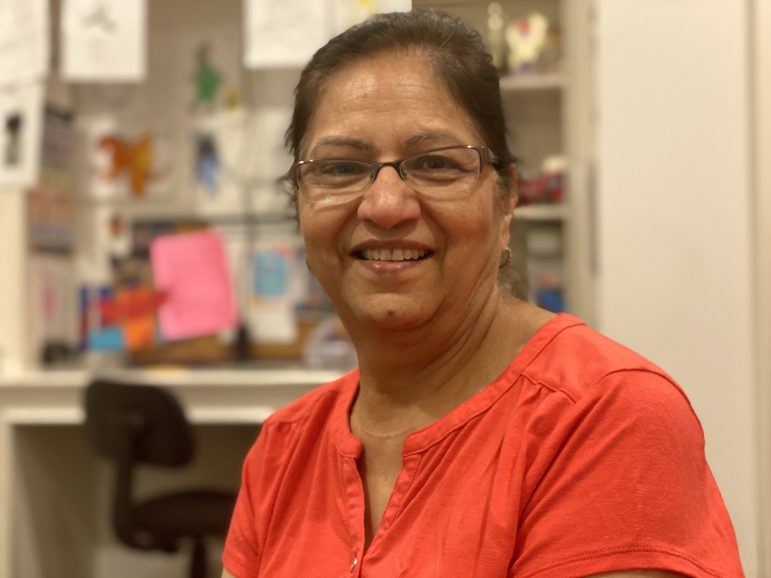
Shalina Chatlani,Gulf States Newsroom
Amrit Sood of Madison, Miss., has lost nearly a dozen family members since there was a surge of coronavirus cases in India.
In India, there’s a shortage of everything from beds to oxygen to medical personnel. When the pandemic broke out, India didn’t experience a large wave of coronavirus deaths and exported most of the vaccine supply it produced to other countries. Now, just 12% of its population is vaccinated and thousands of people are dying each day.
Countries like Vietnam and Nigeria have only been able to vaccinate 1% of their population. Others, like Nepal, are extending lockdowns.
President Joe Biden announced in May that the U.S. would send out 20 million vaccine doses internationally by the end of June. But in the meantime, families watch as friends and loved ones die. Sood has lost about a dozen family members in India.
“I can’t keep up with the numbers,” said Sood, who has lived in Mississippi for 45 years. “And it’s hard to imagine, if I go back to India, whether I will be able to handle that.”
Doses Going To Waste
Across the region, more than 17,000 COVID-19 vaccine doses have been discarded, as of May 25, according to data acquired from state public health departments. Public health departments reported that 11,968 vaccines had gone to waste in Louisiana, 4,823 in Mississippi and 427 in Alabama.
In April, Alabama’s health officer Scott Harris said that the state’s health department had to “convince” partners to be OK with some wastage.
“We’ve asked our federal partners to give us some cover on that issue. And they understand that until we can get Pfizer in smaller batches, we’re going to have to tolerate some wastage,” Harris said.
In May, Mississippi’s health officer Thomas Dobbs said during a press conference that the department is advising the same protocol.
“If you have somebody in front of you who needs a vaccine, go ahead and use what you got,” Dobbs said. “We know we are at a point where there will be wastage.”
Nationally, more than 200,000 doses of COVID-19 vaccine were wasted between December 2020 and March 2021, according to surveys from Kaiser Health News. Waste reporting has been inconsistent throughout the pandemic, so that figure could be higher.
The Mississippi Department of Health now offers smaller packaging that can help reduce waste. And health officials in Louisiana say they are trying to redirect unused vaccines to other places in the state that need it, rather than throwing doses out.
This turmoil between conditions in the U.S. and countries of origin is familiar to many immigrant communities beyond the pandemic.
“I’ve had so many clients whose parents have died overseas and they couldn’t leave because they didn’t have papers,” said Mississippi-based immigration lawyer Patricia Ice. “That’s been going on since I started doing this work.”
Census data from 2019 show that more than 430,000 foreign-born residents live in Mississippi, Alabama and Louisiana. Ice works with clients from India, Yemen, Vietnam, Mexico and other Latin American nations.
Many of her clients do want the vaccine and sometimes don’t know where to get a shot. Her law firm has held events to help them get shots or ease concerns. But hesitancy can also affect them too, especially in places like the Gulf South.
“Some immigrants are surrounded by people who don’t want to get the vaccine,” Ice said. “If your boss is an anti-vaxxer, if the government is telling you that it’s really not that important to get the vaccine, some immigrants are listening.”
‘Somehow We Need To Help’
As they wait for vaccine supply abroad to increase, some Indians in the Mississippi are taking matters into their own hands to the oxygen shortage.
Dr. Udaya Shivangi, a sleep medicine specialist in Ridgeland, Miss., is involved in the American Association of the Physicians of Indian Origin. The group has been part of the effort to send pulse monitoring devices and oxygen-producing machines to India.
Report finds children with mental health diagnoses often incarcerated instead of getting treatment
Dozens of juvenile detention centers in 25 states reported holding children weeks or months as they awaited space at long-term psychiatric treatment facilities, according to a new survey.
Chloe Kim’s protégé foiled her Olympic three-peat dreams. She’s celebrating anyway
Korea's Gaon Choi, 17, rebounded from a hard fall to win gold — and end her role model's historic bid for three in a row in the Winter Olympic halfpipe.
DHS expected to shut down as immigration talks falter
Senate Democrats blocked two Republican-backed measures Thursday to keep the department open, including a short-term funding extension for two weeks as negotiations continue.
ICE conducted 37 investigations into officer misconduct in last year
The disclosure from the agency's acting director came after immigration officers shot two U.S. citizens, intensifying questions about ICE officers' tactics, training and use of force.
Federal judge orders return of Venezuelan migrants deported to El Salvador under Alien Enemies Act
In his Thursday order, U.S. District Court Judge James Boasberg ordered the government to allow any of the men deported last year to El Salvador to appear in a U.S. port of entry to be conditionally allowed in as they challenge their removal.
Have astronomers witnessed the birth of a black hole?
A massive star in the nearby Andromeda galaxy has simply disappeared. Some astronomers believe that it's collapsed in on itself and formed a black hole.

